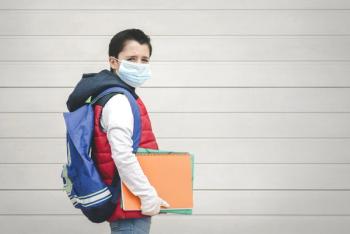
These imaginative exercises can help clinicians establish a strong therapeutic alliance with nervous youngsters.

These imaginative exercises can help clinicians establish a strong therapeutic alliance with nervous youngsters.

More than 3.5 million Americans have Autism Spectrum Disorder. How can you recognize the signs in children?

Recent data from the CDC shows a rise in suicide attempts in girls aged 12-17. What can psychiatrists do?

"Well-meaning" behavior by parents or guardians could be contributing to high levels of depression, suicidality, substance use, and other adverse outcomes in their child.

This new medication is a huge leap forward for treating attention-deficit/hyperactivity disorder.
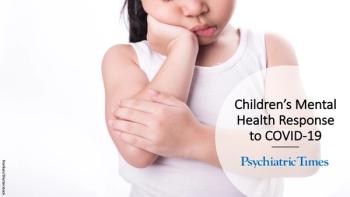
What impact has the pandemic had on children's mental health?

A clinical approach to detecting false allegations of abuse in child custody cases.

Kids will find the screens. Health care providers should join them in order to supply the most helpful digital treatments.

Overwhelmed and encumbered agencies are increasingly unable to provide critical services for LGBTQ youth, leaving them powerless in impeding a downward spiral into homelessness and associated negative ramifications. There are 5 ways psychiatrists can help.
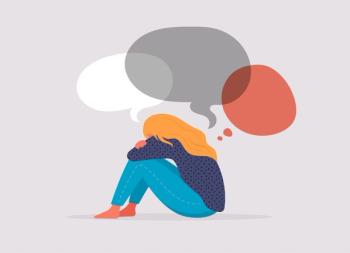
There is evidence for overlapping risk factors and symptomatology between ADHD and psychotic disorders. New research investigates the association between ADHD during childhood and the subsequent risk of developing a psychotic disorder.

Activation of the maternal immune system during pregnancy is associated with increased risk of neurodevelopmental disorders in children. A recent review and meta-analysis examine the link in ADHD.

New research brings us closer to linking diagnostically predictive connectivity patterns in patients with ADHD.
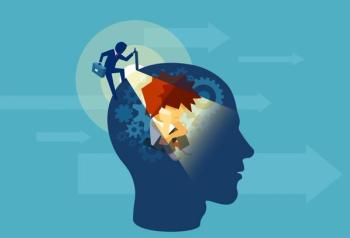
A collection of validated statements addresses overarching topics ranging from nutrition, neuropsychiatry, and nonpharmacologic treatments.
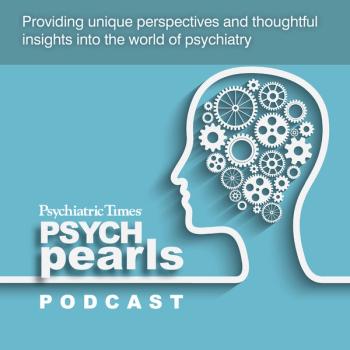
A discussion with professor of medical psychology and director of the Columbia University Clinic for Anxiety and Related Disorders.
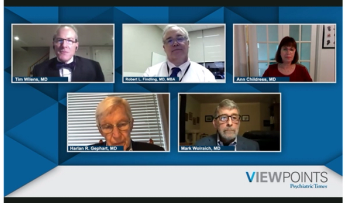
Multidisciplinary insights on helping patients with ADHD during the COVID-19 pandemic, medication abuse, and other factors affecting care.

Are current systems of mental health care alienating children and adults from the meaning inherent in their own emotional difficulties?
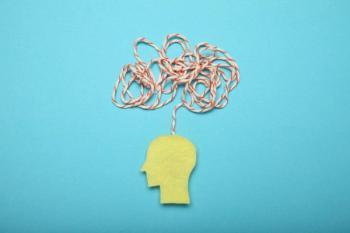
Before starting to prescribe stimulants to every adult who cannot concentrate, it is important to take a closer look at the research.

There is a growing effort to standardize the evaluation and management of pediatric SSRDs, which have been reported as the second most common reason for consultation after suicide assessments.

Although clinicians and patients may wish otherwise, the comorbidity of ADHD and bipolar disorder needs to be considered.

With opioid use disorder, a tiny fraction of young patients are getting treatment, which would not be acceptable for any other medical condition.

Support in the tender younger years may lead to fewer mental health issues in the future, according to research.
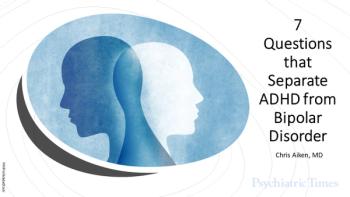
What are they key differences between ADHD and bipolar disorder? How can they be identified?

Although normally associated with children, attention-deficit/hyperactivity disorder can also persist in adulthood, presenting challenges to both patients and clinicians.

A new study by The Trevor Project finds that welcoming environments can reduce suicide risk.

An insider’s look at how balancing COVID-19 safety protocols and affording teens a safe space to interact and bond has made this challenging year less daunting.